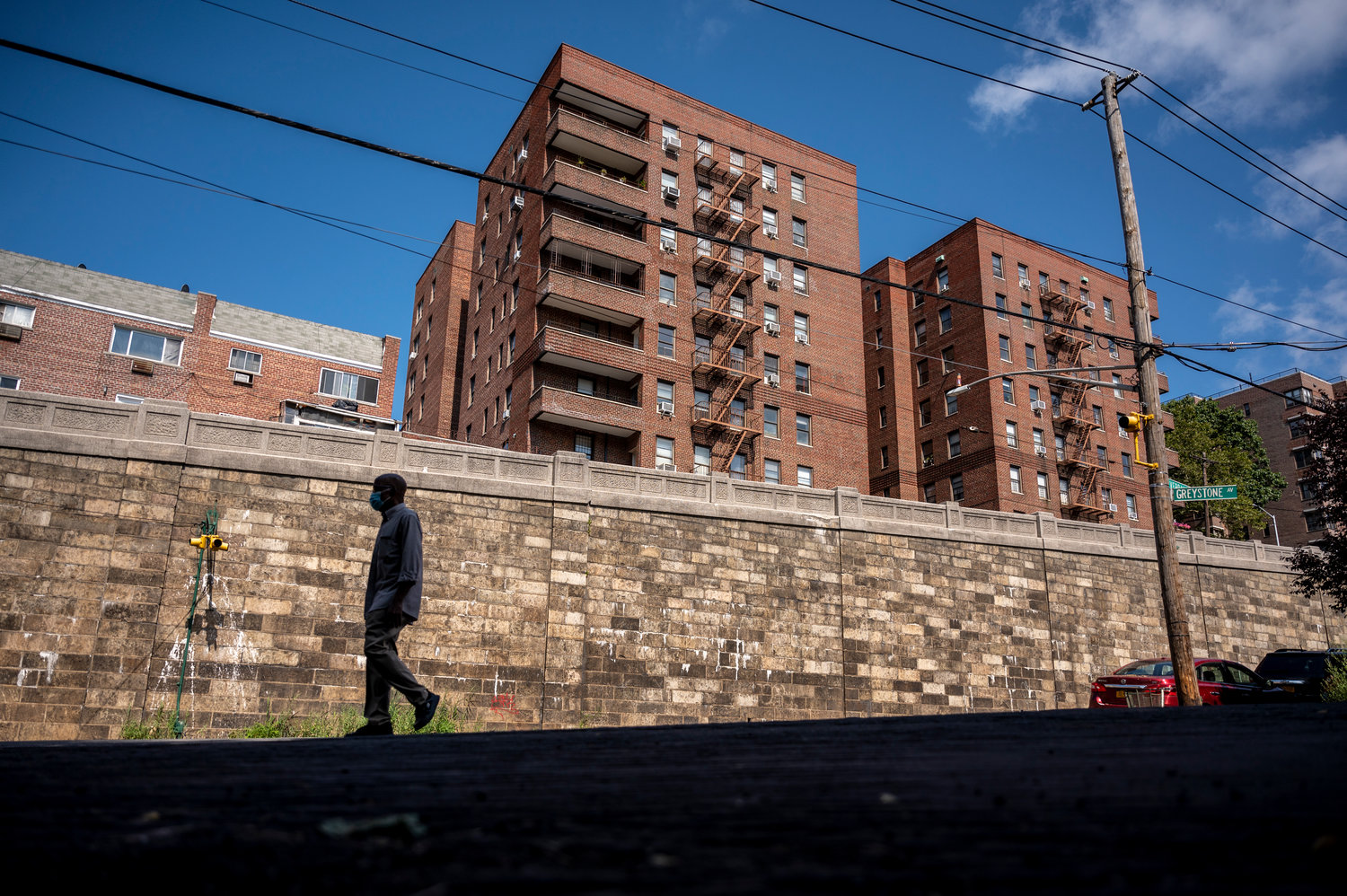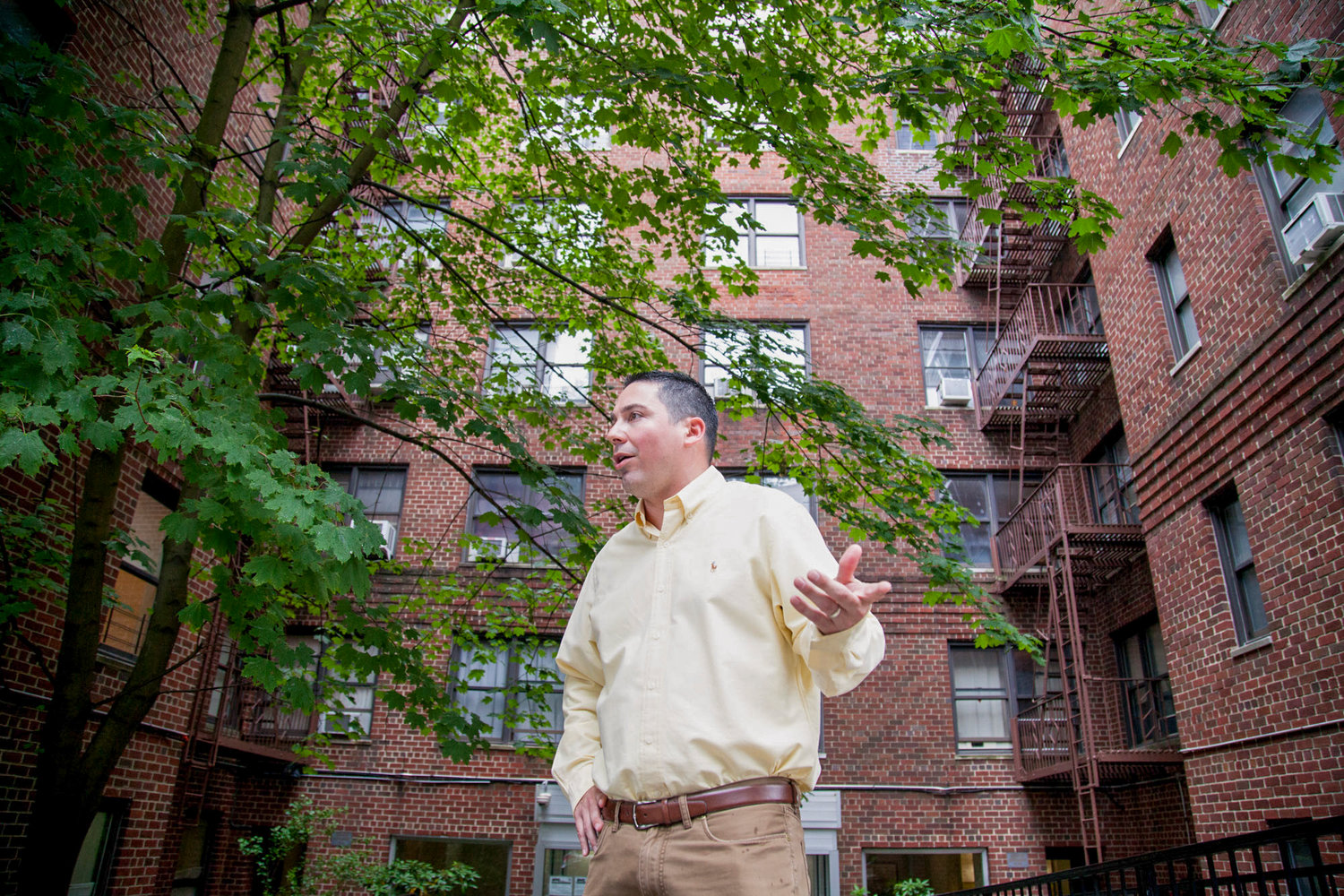Could you be paying too much for rent? It depends
Class-action suits are becoming norm to force landlords to follow laws
What’s to stop a landlord from cheating his way to charging higher rent on what are otherwise supposed to be price-stabilized apartments?
The answer? Housing advocacy groups and class-action lawsuits.
At least that’s how some have gone about dealing with landlords who have been illegally using what are known as J-51 tax abatements in the Bronx over the past several years.
J-51 was designed to incentivize landlords to make repairs or conversions of their single-room occupancies to multi-family apartment units in exchange for tax savings from the city each year — abatements that can last for up to two decades. The program dates back to 1955, and has largely been cited as the driving force in the decline of single-room occupancy units.
In addition to the abatement benefits, landlords also can raise the rent — so long as the increase is commensurate to the physical improvements made in the apartment. However, tenants often find themselves paying for rent well above what the law allows.
It’s an abatement landlords take advantage of far too often, according to some housing advocates, but even taking an offending super to court might not be enough to solve the issue for the rest of an apartment building raising rent under the J-51 program.
In fact, housing experts like Aaron Carr believe more can be done.
“At the end of the day, there’s only so much we can do to combat this problem.” said Carr, executive director of Housing Rights Initiative. “We need government intervention.”
Carr’s group has found success going after landlords who use the abatement as a means to cheat tenants — raising rents far higher than they are legally allowed to. Still, Carr believes his group’s lawsuits have become nothing more than effectively a cost of doing business for these landlords.
“We’ve found that a large percentage of landlords who own J-51 buildings have re-stabilized their previously deregulated units in response to the dozens of J-51 class action lawsuits that our organization has generated,” he said. “This is a big achievement since our No. 1 priority, above anything else, is to return illegally deregulated apartments back to the rent stabilization rolls. However, despite these gains, the majority of landlords have failed to return the money that they have illegally stolen from their tenants.”
Yet, the bigger the offensive, Carr said, the better the results. Still, while there are power in numbers, he stressed it shouldn’t have to be the solution to dealing with landlords who misuse the program.
“This is why we do these class actions in high volume,” Carr said. “But at the end of the day, what we really need is proactive government enforcement.”
Four years ago, Christopher Ford and dozens of his neighbors took their landlord, Parkoff Operating Corp., to court. They claimed Parkoff forced all of them to overpay rent at 500 W. 235th St. — something many of them didn’t even realize was happening until years later.
Ford kept paying that higher rent for nearly, only starting to question it when he found out how low the tenant who lived in his unit before him paid.
Ford told The Riverdale Press in 2017 his starting rent was $1,490 — more than double what his predecessor was paying in the weeks before Ford moved in. The landlord reportedly justified the increase through the J-51 tax abatement, citing $26,000 in repairs to the apartment.
The problem? Ford contends he never saw any major repairs. Especially one costing thousands of dollars. And that was from a building that, just weeks before the lawsuit, suffered months with no gas.
Parkoff was also targeted by Housing Rights Initiative — a Manhattan-based advocacy group — for failing to meet the thresholds of qualifying for tax abatement it was financially benefitting from with several of its other buildings.
According to its legal action, Housing Rights claimed Parkoff was still raising the rent on tenants without properly demonstrating he completed the renovation work he claimed was done to each unit.
Yet, Parkoff is hardly the only landlord taken to court over alleged misuse of the J-51 program. Last August, the tenants of six Highbridge buildings called on their landlord, Emerald Equity Group, to stop trying to deregulate more than 200 existing rent-stabilized apartment units, according to reports.
Even more, many of those same tenants called on the landlord Isaac Kassirer — owner of Emerald Equities — to fix some of the terrible conditions many of the apartments were experiencing.
Like the Parkoff case, Emerald’s tenants were organized by an advocacy group known as Community Action for Safe Apartments, but represented by Bronx Legal Services.
It’s a practice Carr believes will do every tenant some justice — even for those afraid to speak out against their landlords for fear of retribution.
“Our non-profit does these cases as class-action lawsuits to create the biggest deterrent effect,” Carr said. “The benefit of a class-action is that it doesn’t just benefit the class representatives who are leading the lawsuits, it benefits every current tenant and former tenant who has been overcharged in a given building —as long as their claims are within the statute of limitations.”
Government agencies are culpable in these practices because of their failure to do their due diligence, Carr said.
“By law, landlords are required to register their rents with the housing enforcement agency,” he said.
“One of the biggest problems with our system is that the enforcement agency isn’t actually looking at the data that landlords are registering with them. Thus, the vast majority of tenants don’t even know they are being defrauded, and our system places the burden on them to figure it out themselves.”
If things are really going to change, Carr stressed government will need to get involved and actually follow up with landlords rather than leave it at the feet of the tenants.
“In reality, most tenants don’t have the time to do this because they are busy trying to do things like putting food on the table,” Car said. “This is why we need to overhaul our enforcement system, and put the enforcement burden where it belongs: on the government.”









